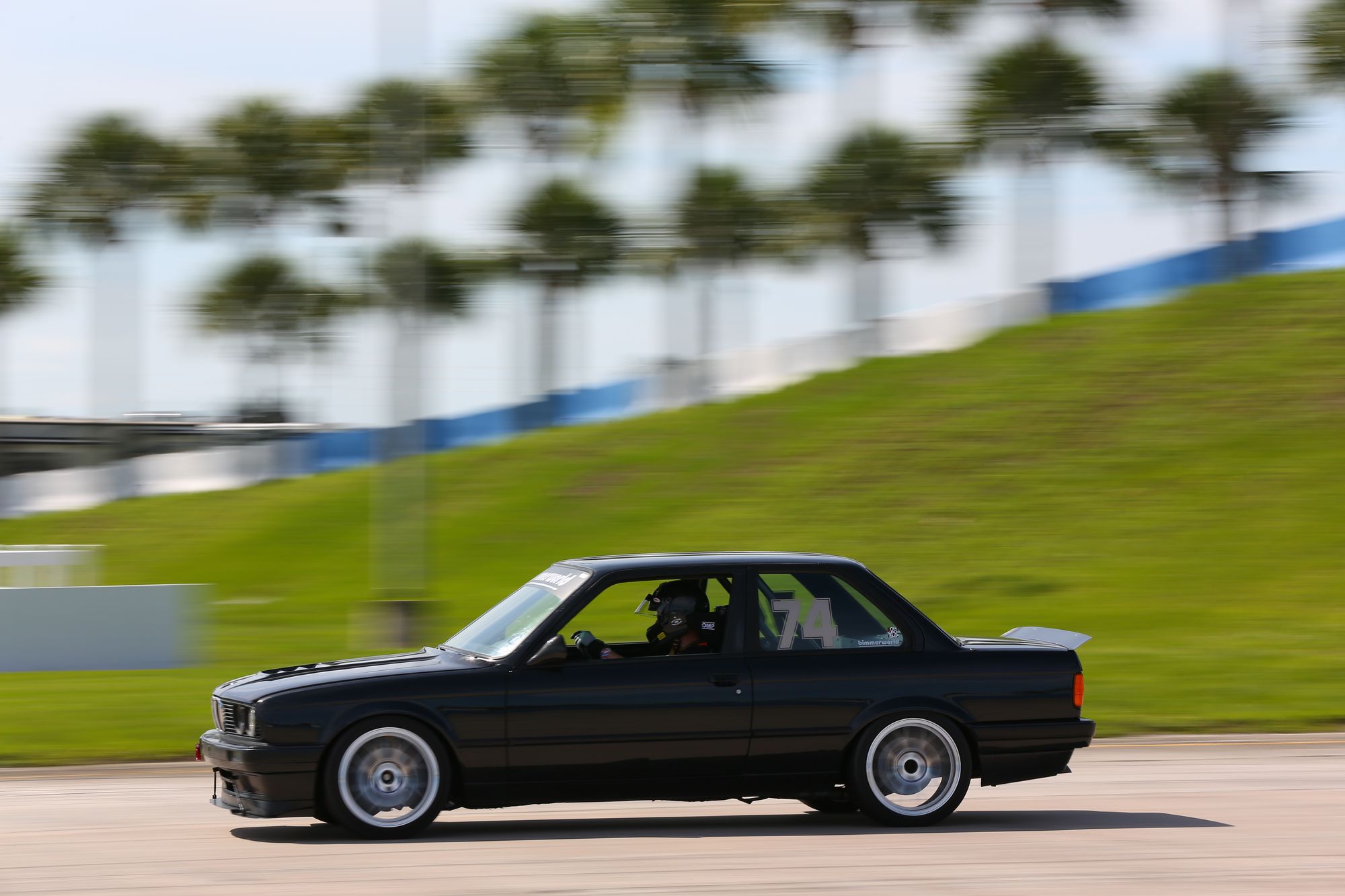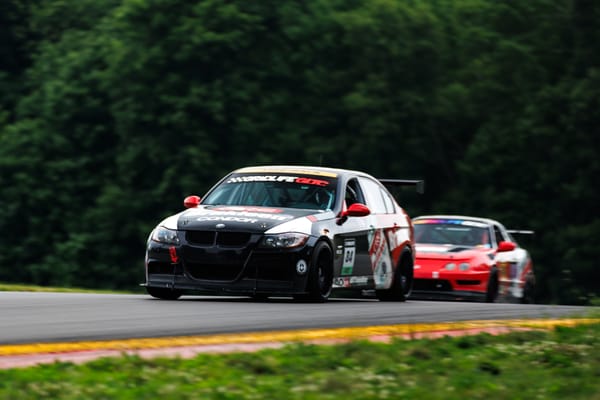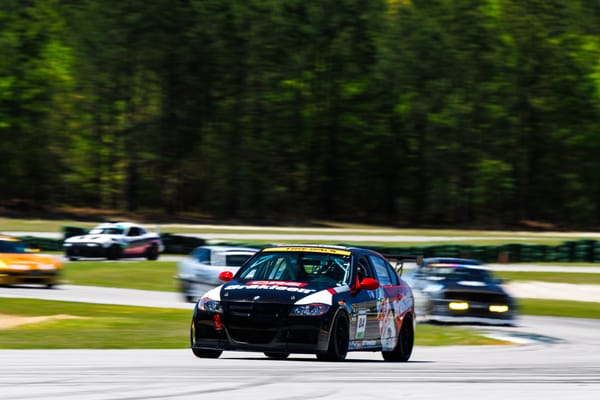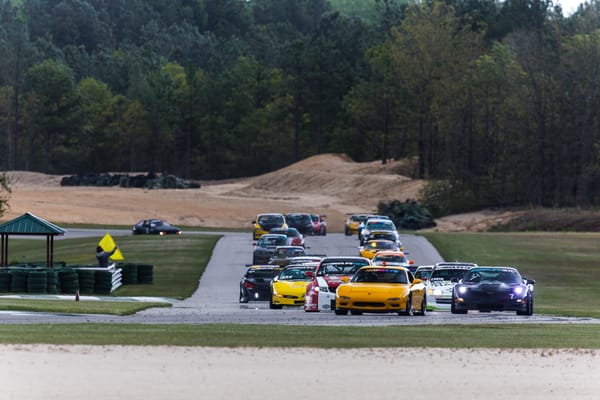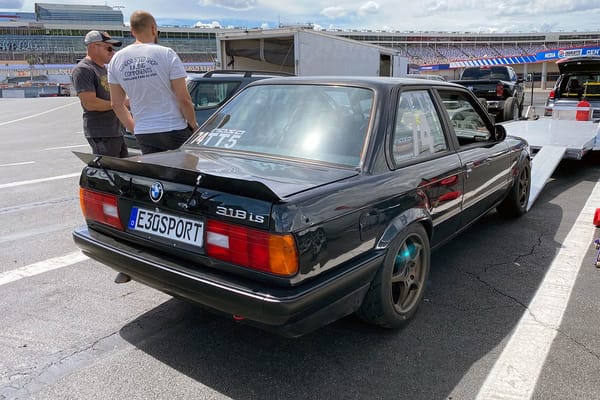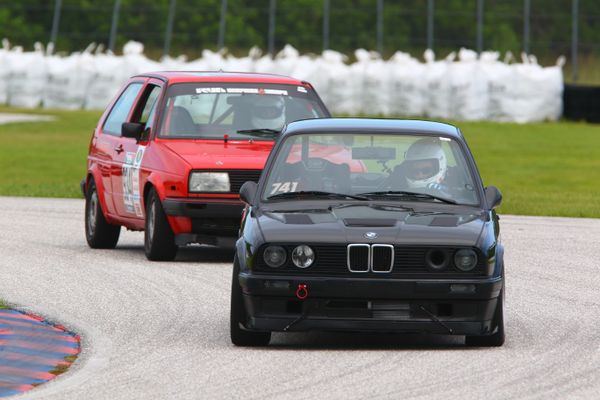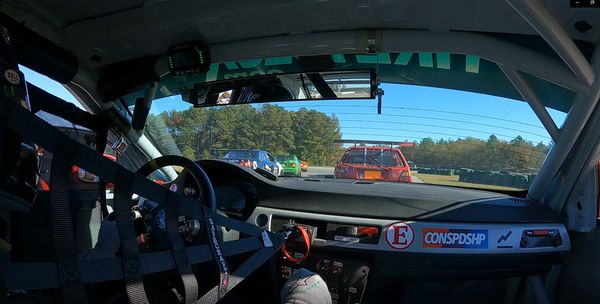I recently read a great article by the inimitable Ross Bentley, which highlighted some of the shortcomings of HPDE instruction. As a seasoned instructor and driving coach, Ross included many excellent ideas for better ways to coach and train new drivers.
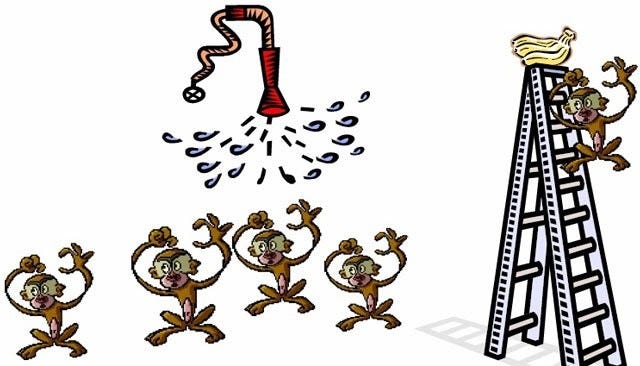
I have never instructed before, so I don't have any specific advice on improving that process, especially not in addition to Ross's ideas. However, I do want to drive home the importance of taking instruction seriously and encourage you to seek instruction, advice, and coaching no matter your driving level.
The unfortunate reality is that the quality of instructional training a new track driver receives is a gamble, and poor instruction could significantly hamper a driver's progression.

As with many aspects of my life, I got lucky. When I got my start in performance driving, I had a few friends with much more experience who were willing to help me with instruction and coaching. Although I am usually hard-headed, I was eager to learn and absorb anything experienced drivers could teach me.
Sadly, many track organizations don't offer any in-car instruction. Beginners are often relegated to hearing some re-hashed classroom lesson or partaking in lead-follow on track. Track Night in America, as great as it is, offers only a short introduction and one lead-follow session for the beginner group. If you do a few events in a row, you will find the classroom lessons repetitive and probably not helpful in your progress.
If you do start with an organization like NASA that requires in-car instruction for beginners, the quality of your instruction will depend on whom you get paired with. While the instructors have to meet some prerequisites and go through a day of training, the quality of the material that they were taught, that they teach you, and how good of a teacher they are will vary greatly.
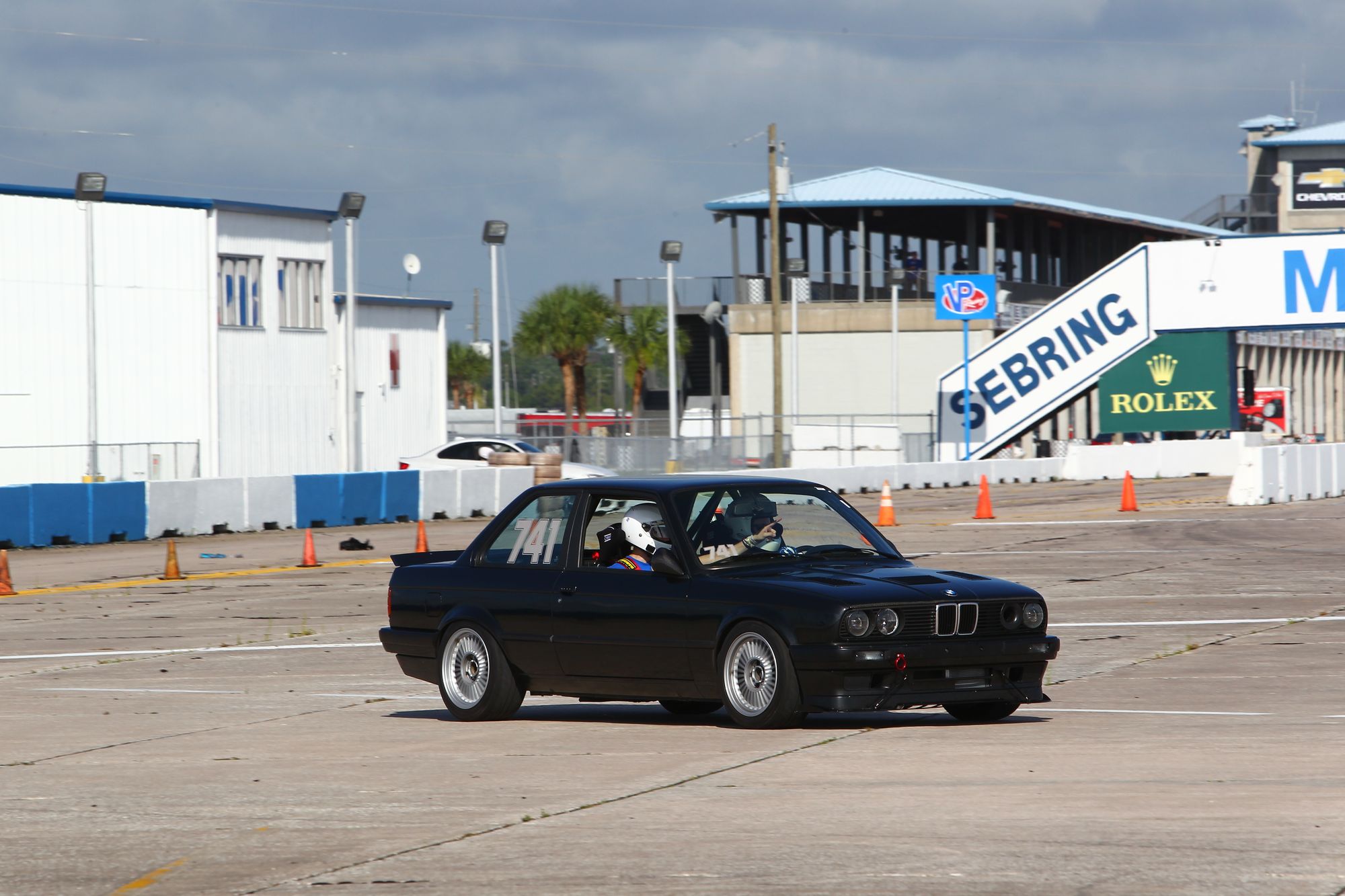
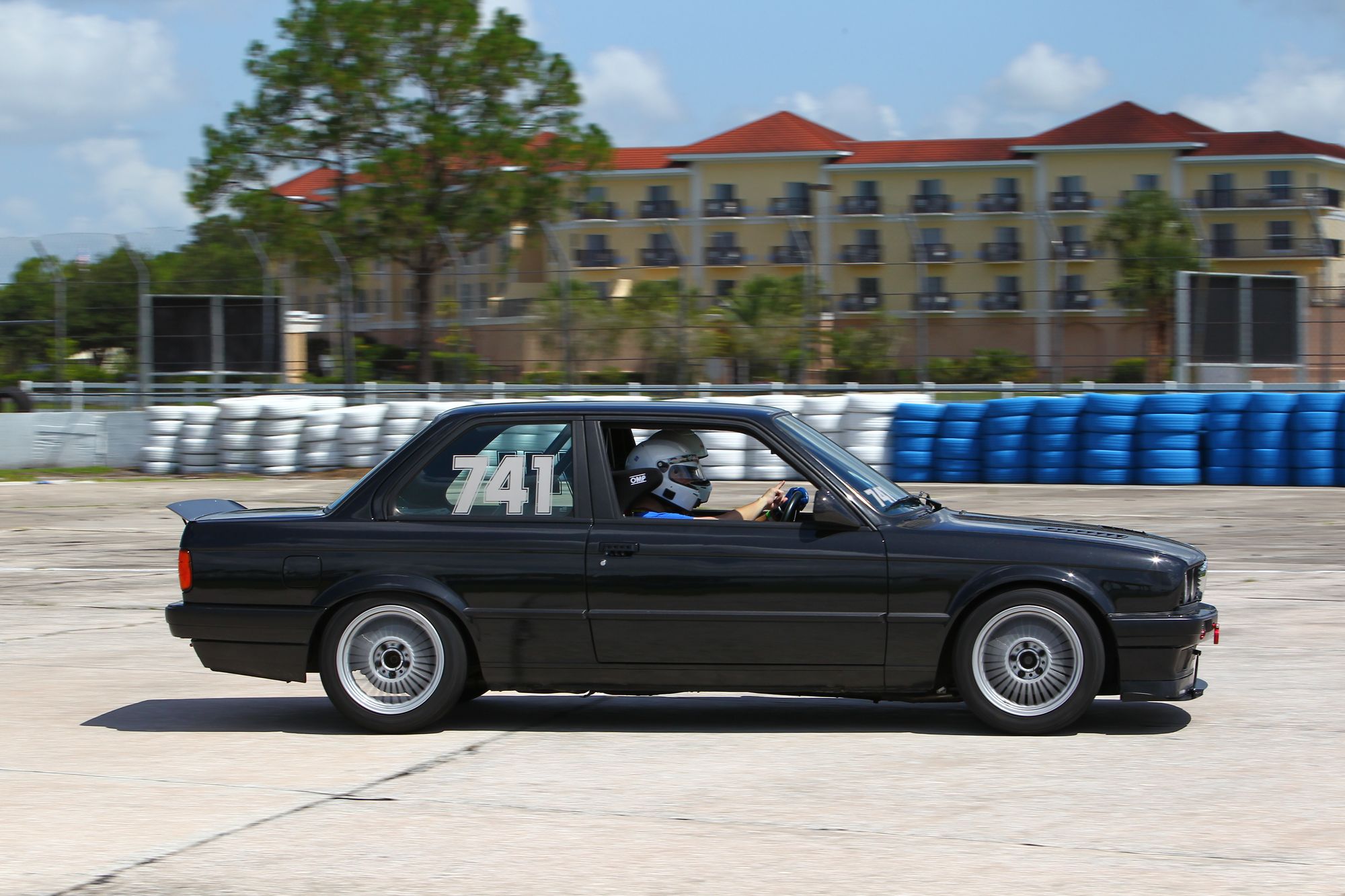
You could get along well with your instructor, but they could give you poor advice. You could be getting great advice, but dislike the instructor. How you mesh with the instructor is the easy part to judge. It is harder to discern if they give good advice.
If you feel like you aren't getting along with your instructor or find that you are having a hard time trusting what they are telling you, feel free to address the issue with one of the organizers of the event. They will gladly pair you with another instructor, either on the spot or for your next event.
I would encourage you to start with an organization that requires in-car instruction, and I would not be in a hurry to "move up" to solo driving. Even after you are driving solo, it should be worth your consideration to continue working with an instructor or coach.
In choosing the voices you trust, remember that a great driver isn't necessarily going to be a great coach. Conversely, an average driver might be a great coach if they have the proper knowledge and a keen ability to teach.
In all things, I listen to a lot of voices, look for trends in the advice I receive, and then form my own opinion on what is right or wrong. Your process might be different. Just know that when it comes to driver progression, you will be on your own to ensure that it actually occurs.
Unfortunately, there won't be a Red Bull Junior Team talent scout that will take you under their wing. You will have to be the one who asks questions, seeks advice, and works with trustworthy influences to improve as a driver. Otherwise, you will fall into bad habits and get stuck on plateaus that would otherwise be easy to overcome.
